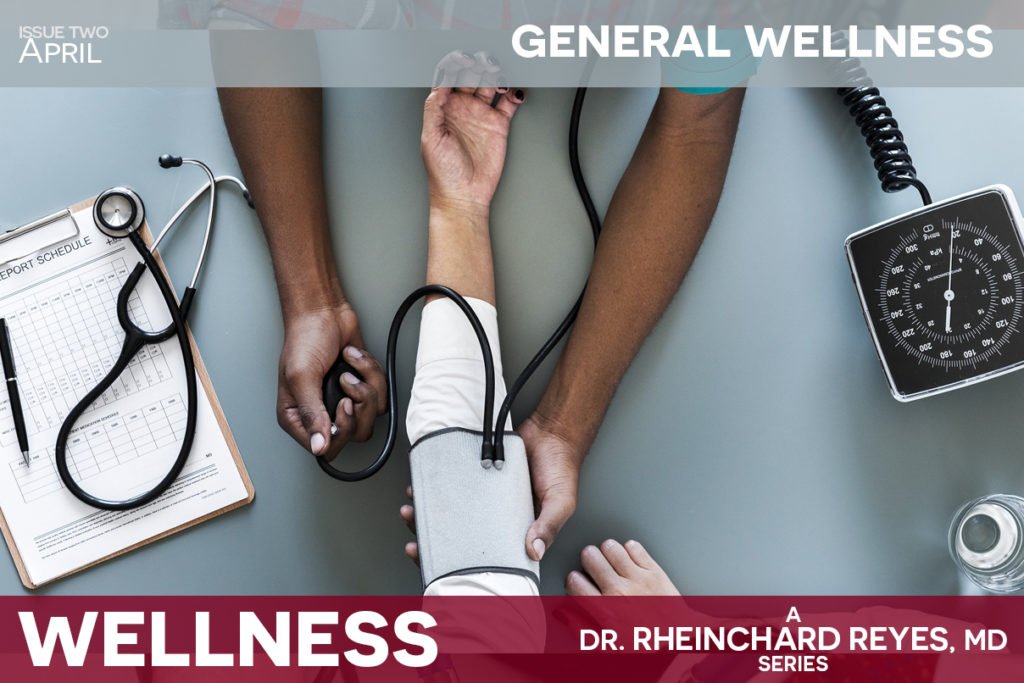Visiting the doctor for the very first time was, at one point in time, quite an important affair. Whether it was to see a new doctor altogether or with your regular doctor on a yearly checkup, the date was always marked on the calendar. You might remember going with one of your parents —most likely your mother— as a toddler, a little kid or a young adult, and getting checked with one of those wooden tongue blades or sticks as the doctor said, “Open your mouth and go Aaaaahahhhh!” The excitement was topped off, more often than not, by the treat the doctor or one of the nurses had for you to congratulate you on your first visit and on being such a well-behaved kid. Memories!!
Society has changed. You have changed. We have all changed.
Although the excitement and anticipation we felt as little kids has given way, as adults, to a different kind of doctor-patient relationship, much more casual and easy-going than it used to be, we still like to think it’s as important.
In any event, this hard-won sense of relative informality should not be confused with a lack of professionalism. This is why, in this new entry, we want to cover the basics of what you can do beforehand to prepare for your first visit to the doctor. You know, the kinds of things that are easy to forget because they are so everyday… and yet remembering them, or checking them off on a mental, electronic or physical list, will make that first visit go so much smoother.
TO-DO’S BEFORE VISITING THE DOCTOR
Make sure you bring…
- Picture ID
- Health insurance card
- Prioritized list of questions and concerns, i.e.,
- I have developed a new symptom.
- How does the flu shot work?
- The new medication or treatment is affecting me this way.
- Can you take a look at this and tell me if I should be concerned?
- Medical records
- Other info about you, such as…
- Prescription drugs
- Over-the-counter drugs
- Vitamins
- Herbal remedies
- Names and contact numbers of your prior physicians, for follow-up or missing or complementary medical records
- List of surgeries and/or conditions you had in the past—if not on your medical records
- Think about bringing friends or family. They keep good company during the wait and they normally have your back, meaning they will recall anything you might have forgotten or overlooked during or after the visit. You can even ask them to take notes, if necessary.
- Be sure you can see and hear well. Lenses, glasses, your hearing aid… be sure to pack these or have them with you before you go. Not being able to see or hear well will negatively impact your communication with the doctor. If you forget any of these (or other aids), please let the staff and the doctor know that you don’t see very well or that you are hard of hearing from the start.
- Update the doctor. Mention any changes in your habits —sleeping, eating, energy level— or if you have been treated by other specialists or have been to the emergency room since you last saw him or her.
- Consider requesting an interpreter, if you need one, beforehand.
- Be ready for a physical exam.
If you have any further questions and/or concerns, you can always call these numbers:
Centers for Medicare & Medicaid Services 1-800-633-4227 (toll-free) 1-877-486-2048 (TTY/toll-free)
Or visit:
www.medicare.gov
Sources:
https://www.nia.nih.gov/health/how-prepare-doctors-appointment


